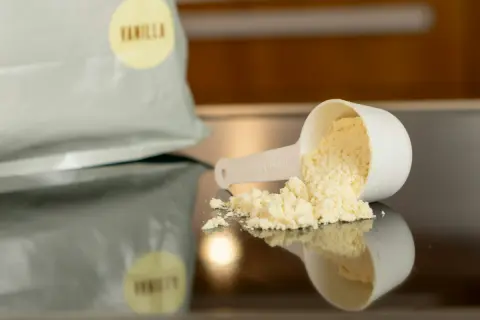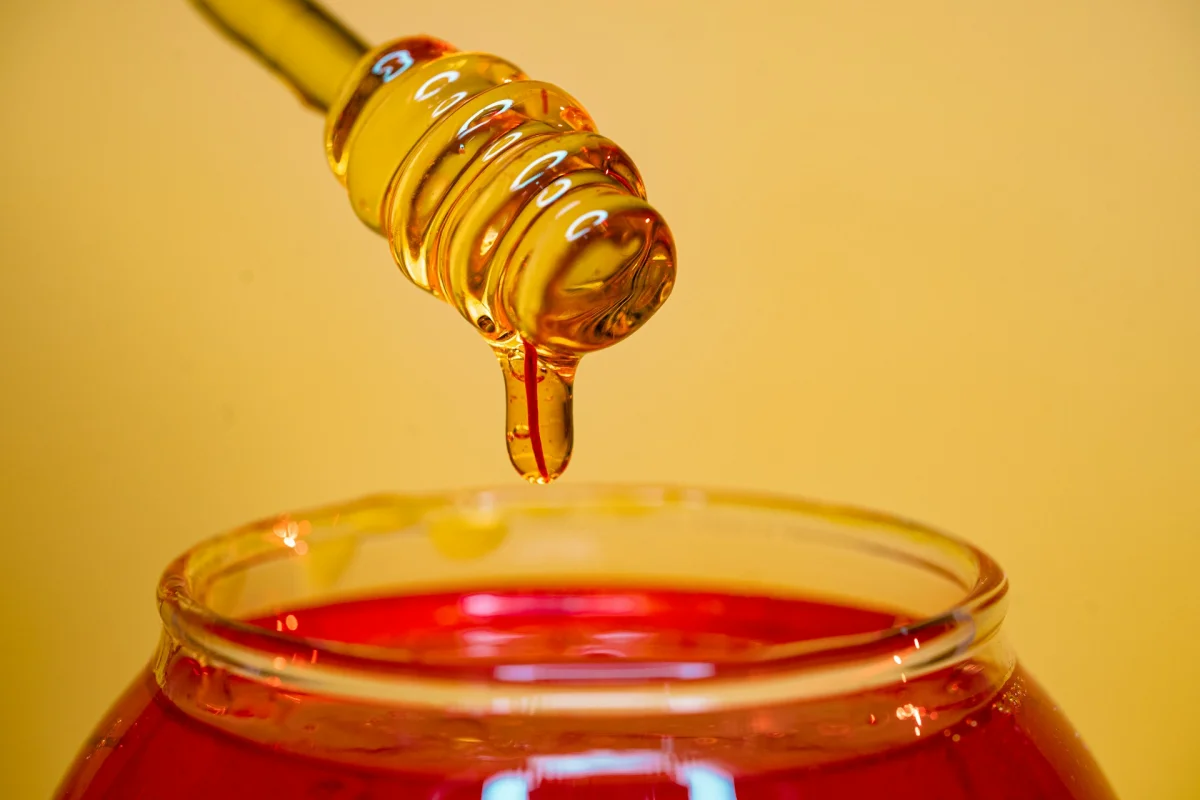 Wednesday, July 30, 2025
Wednesday, July 30, 2025Honey in Fitness: Natural Gold for Energy, Recovery, and Performance?
Whether as a sweet energy boost before a workout or as a recovery enhancer post-training, honey has earned its place in the fitness kitchen. But what lies behind the buzz about the liquid gold? Is honey truly a healthy alternative to conventional sugar? And how does it specifically affect performance, muscle growth, and recovery?
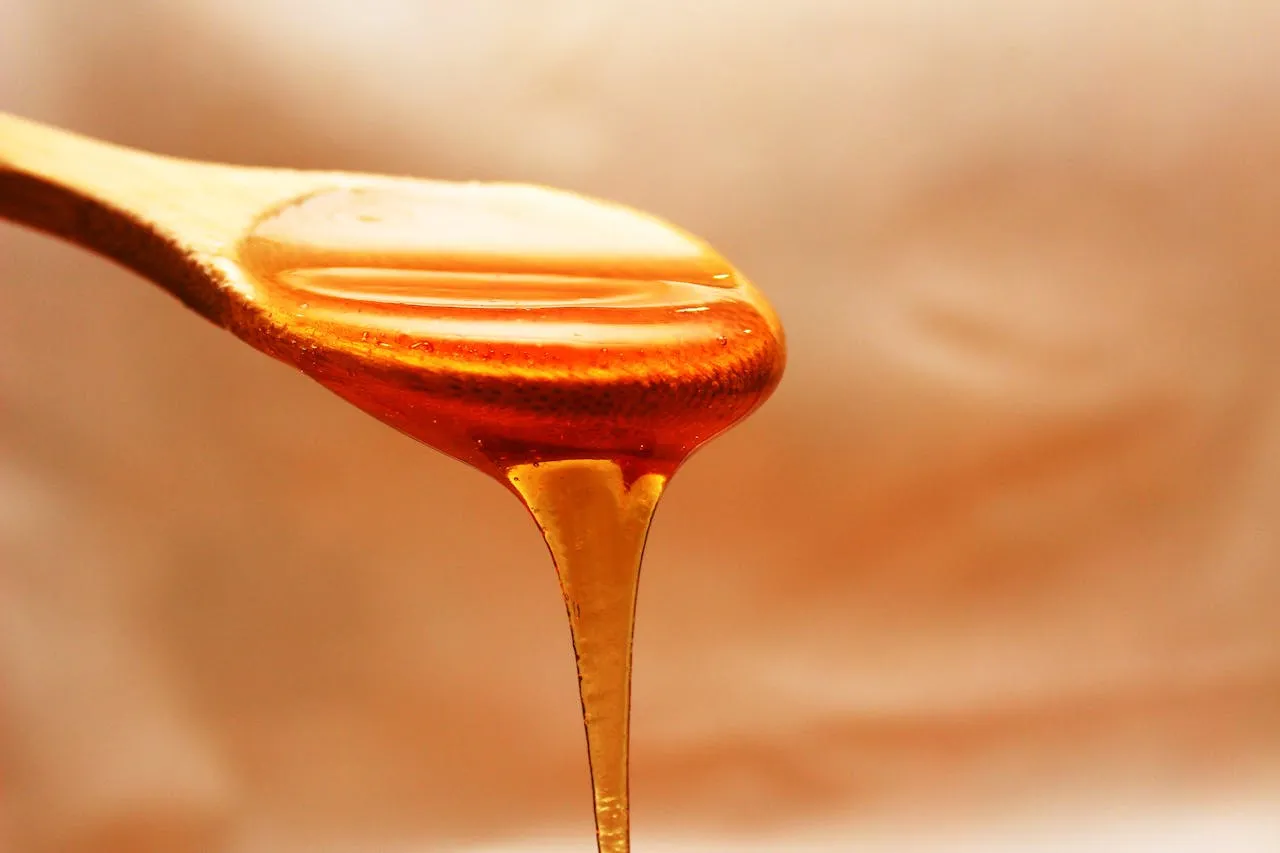
What exactly is honey?
Honey is a natural product produced by bees from the nectar of flowers or honeydew. It primarily consists of simple sugars such as fructose and glucose, but also contains small amounts of vitamins, minerals, enzymes, antioxidants, and antibacterial substances.
Composition (100 g honey – average values):
| Nutrient | Amount |
|---|---|
| Energy | 304 kcal |
| Carbohydrates | 82 g |
| – of which sugars | 82 g |
| Protein | 0.3 g |
| Fat | 0 g |
| Potassium | 52 mg |
| Calcium | 6 mg |
| Antioxidants | High (depending on type) |
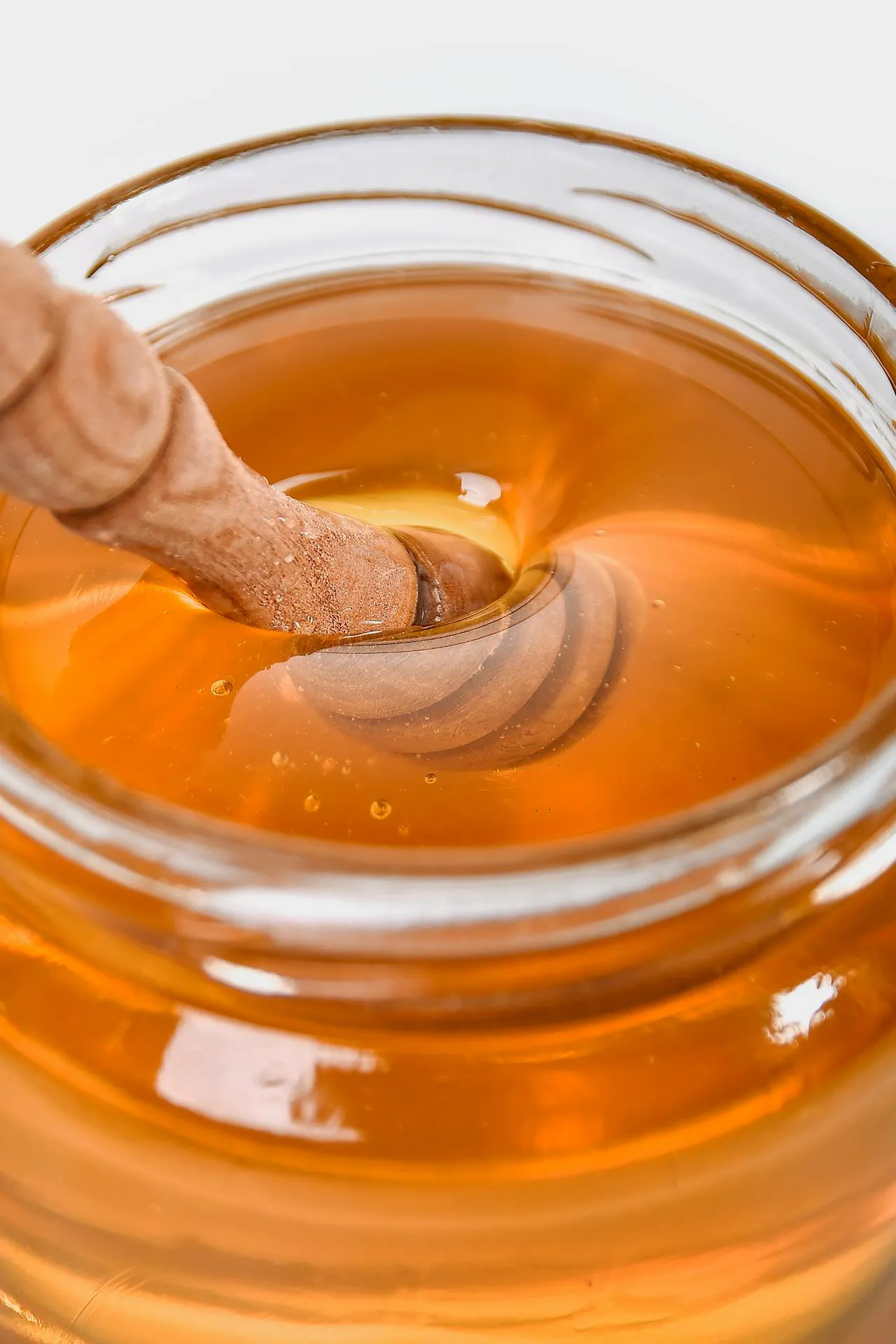
Honey before training – Natural energy kick
A spoonful of honey about 15-30 minutes before training can stabilize blood sugar levels and provide a rapidly available energy source without the insulin spikes that can occur with pure table sugar.
- Glucose provides immediate energy.
- Fructose is metabolized more slowly for sustained power.
- Ideal for cardio or HIIT workouts when quick energy is needed.
🧠 Studies show that combining glucose and fructose improves sports endurance and reduces stomach issues (Jeukendrup, 2010).

Honey after training – For recovery & muscle building
After a workout, your body needs carbohydrates to replenish glycogen stores in muscles and liver and protein to jumpstart muscle repair processes.
- Combined with whey protein (e.g., in a shake), honey can enhance amino acid absorption.
- Studies suggest that a combination of carbohydrates + protein post-exercise supports muscle protein synthesis (Ivy, 2002).
- Antioxidants in honey (e.g., polyphenols) can alleviate post-exercise inflammation.
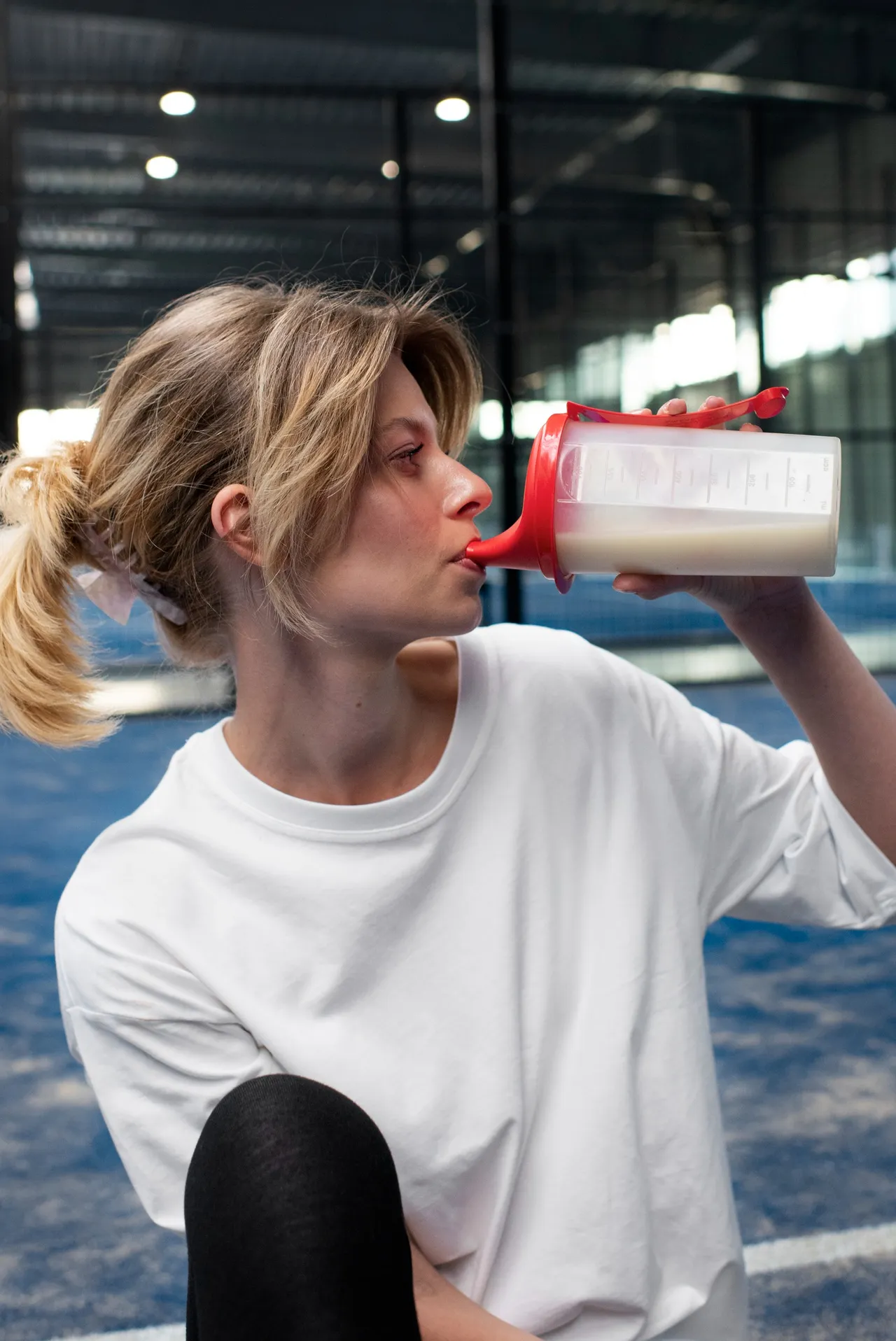
Honey as a natural immune booster for athletes
Intense training temporarily weakens the immune system, and here honey scores with its antibacterial and antiviral properties. Particularly, Manuka honey is renowned for its effects against pathogens.
- Promotes wound healing (e.g., for chafed areas).
- Supports oral health (for dry mouth post-exercise).
- Helps with cough and colds without medication side effects.
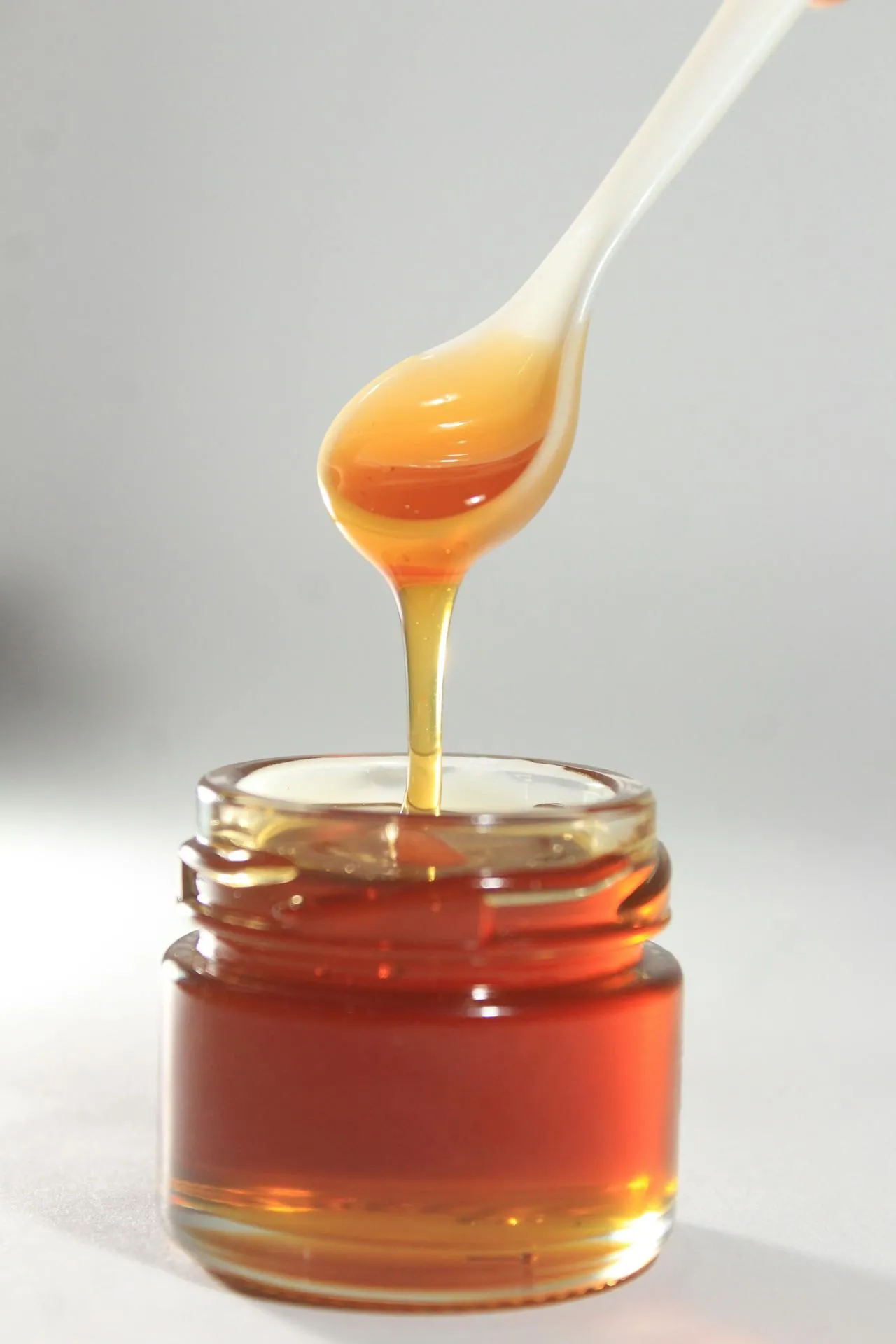
Is honey suitable for weight loss?
Yes – but in moderation! Despite its healthy attributes, honey is a sugar source with many calories. The difference from refined sugar lies in the micronutrient-rich companions.
Benefits on a diet:
- Better satiety than industrial sugar.
- Lower glycemic index than glucose syrup.
- Lesser cravings due to slower blood sugar spikes.
Disadvantages:
- High calorie content if consumed excessively.
- In strict calorie deficit, honey should be used sparingly.
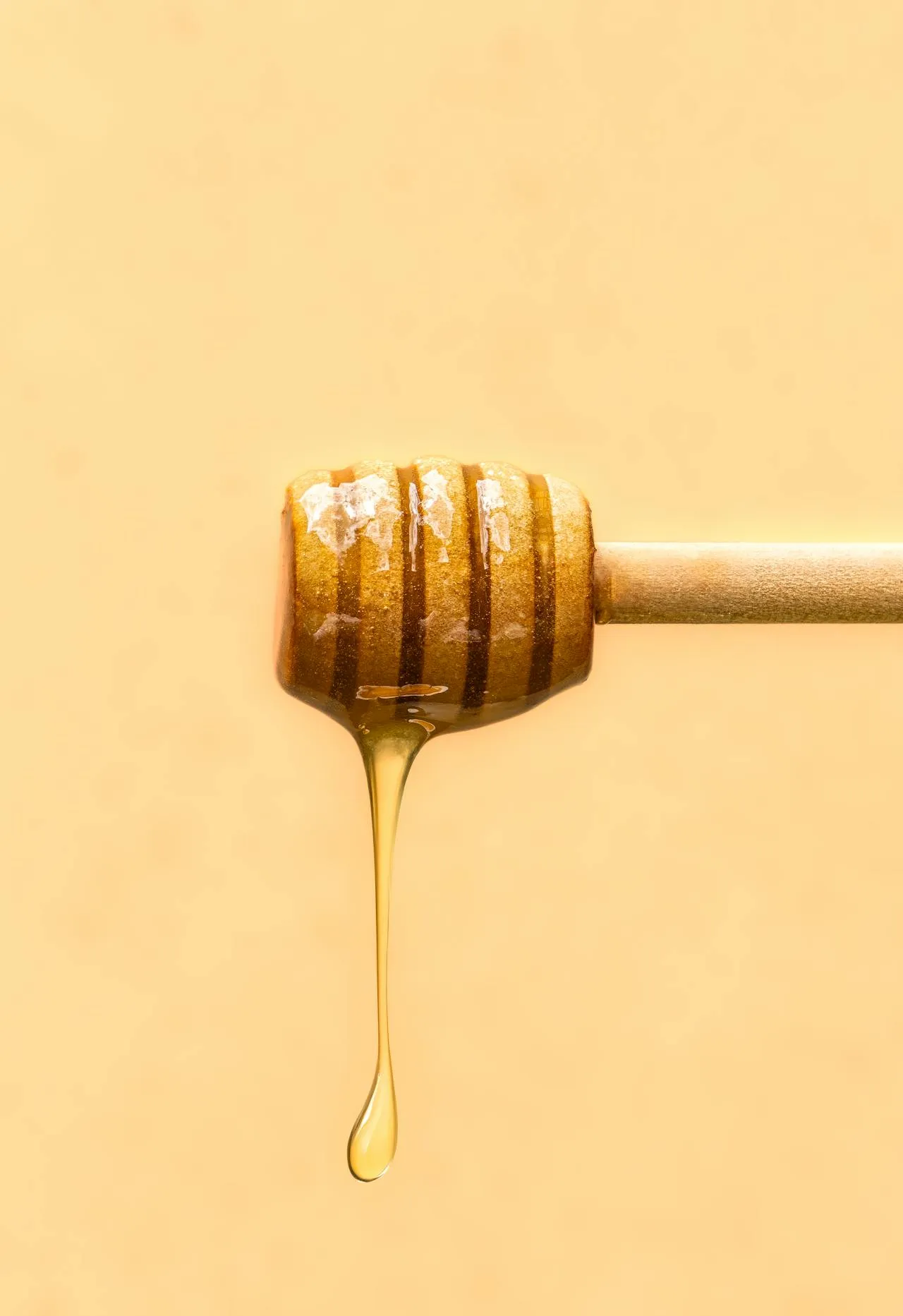
Honey or sugar? What is better for athletes?
| Criterion | Honey | Sugar (Table sugar) |
|---|---|---|
| Naturalness | Yes | No |
| Vitamins & Minerals | Minimal | Almost none |
| Antioxidants | High (especially dark varieties) | None |
| Insulin response | Moderate | High |
| Flavor | Complex | Simple sweetness |
| Effect on performance | Positive | Short-term, may cause performance drop |
Conclusion: For those who need sugar, honey is a better option—especially when it is deliberately dosed.
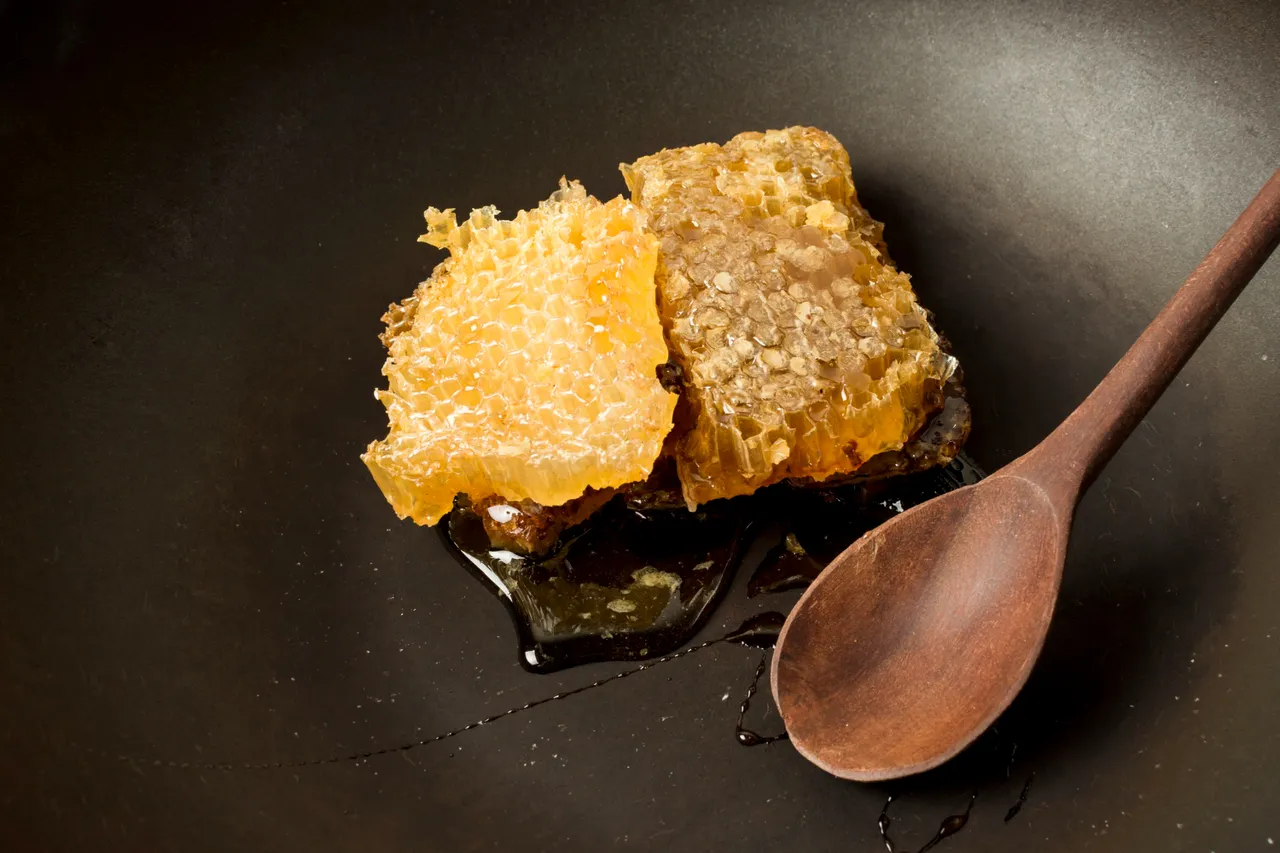
How can you integrate honey into your fitness routine?
- Pre-Workout: 1 tsp honey + banana
- Post-Workout: Whey + water + 1 tsp honey
- Breakfast: Whole grain bread + low-fat quark + honey
- Snack: Greek yogurt with berries and 1 tsp honey
- Recovery: Warm chamomile tea with 1 tsp honey to combat inflammation
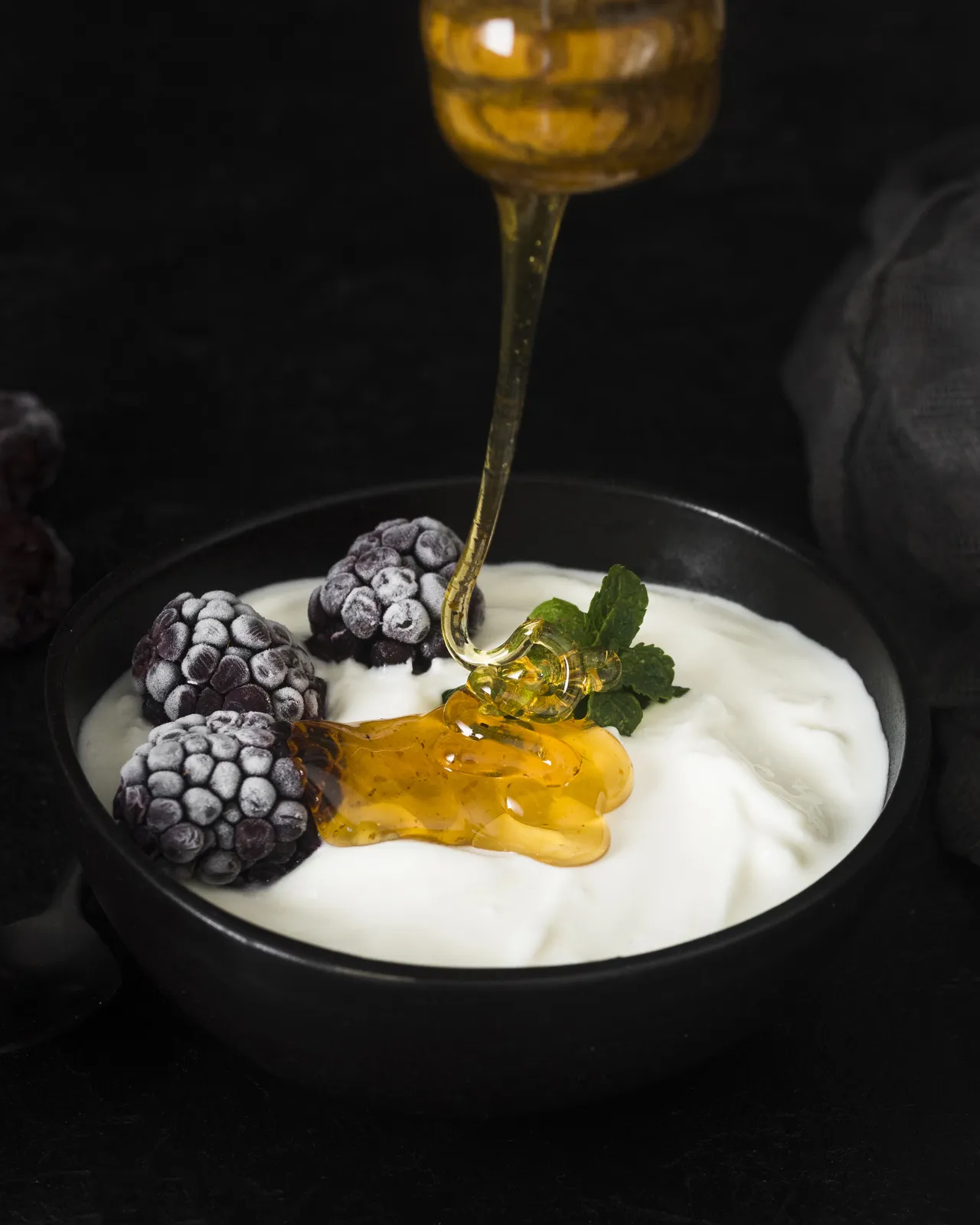
Are there any disadvantages or risks?
- Not for infants under 1 year (risk of botulism)
- Caloric density: Only advisable in limited quantities during dieting
- Oral health: As with any sugar – always maintain oral hygiene

Special types of honey for athletes
| Type of honey | Special feature |
|---|---|
| Manuka honey | Antibacterial, anti-inflammatory, expensive |
| Chestnut honey | Rich in minerals, robust flavor |
| Acacia honey | High fructose content, liquid, mild flavor |
| Fir honey | Dark, antioxidant, ideal for recovery |
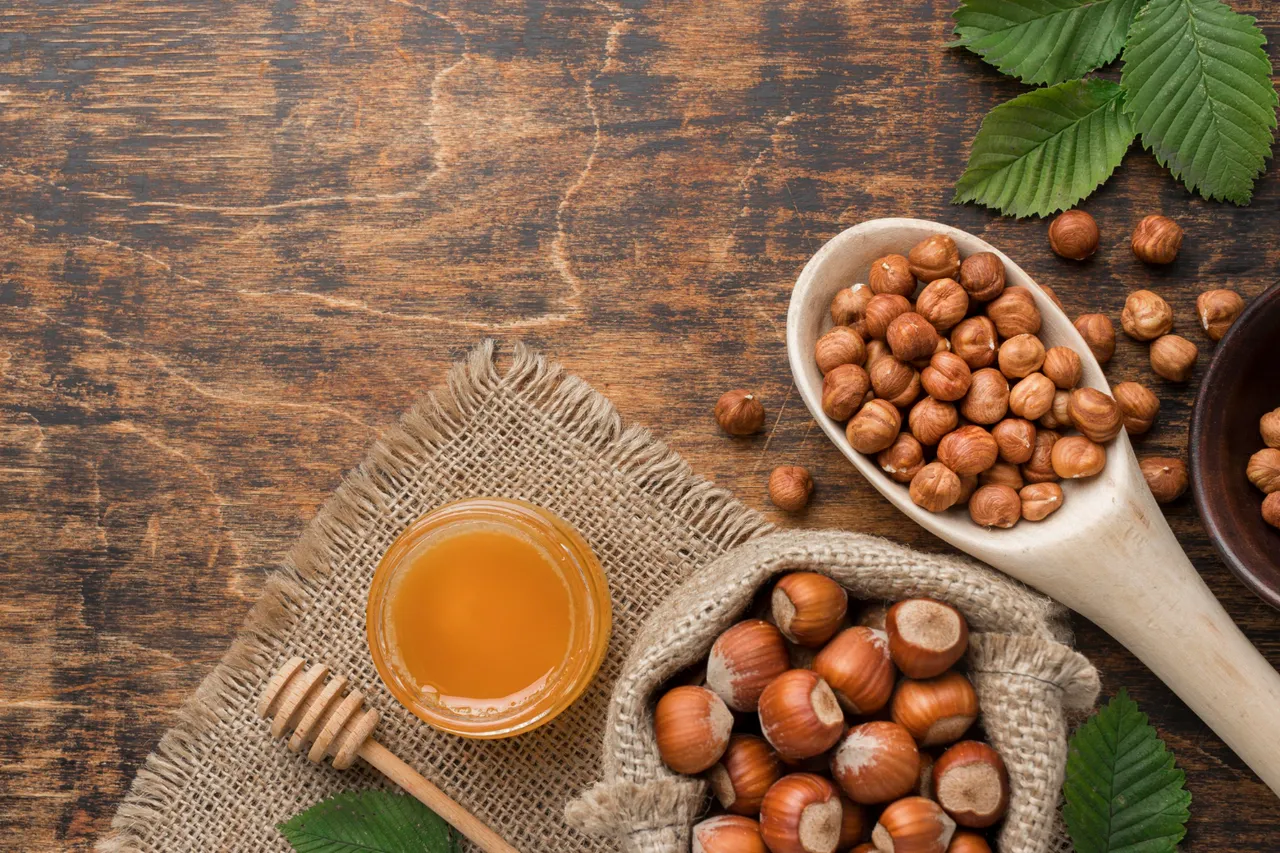
Conclusion: Honey – more than just sweet!
Honey is not just a natural product – it is a functional component of a fitness-conscious diet. Whether as an energy boost before training or for better recovery afterwards, honey provides quick energy, valuable antioxidants, and antibacterial substances. Nevertheless, quality and quantity are crucial. Those who use it consciously and purposefully can benefit athletically without regret.

